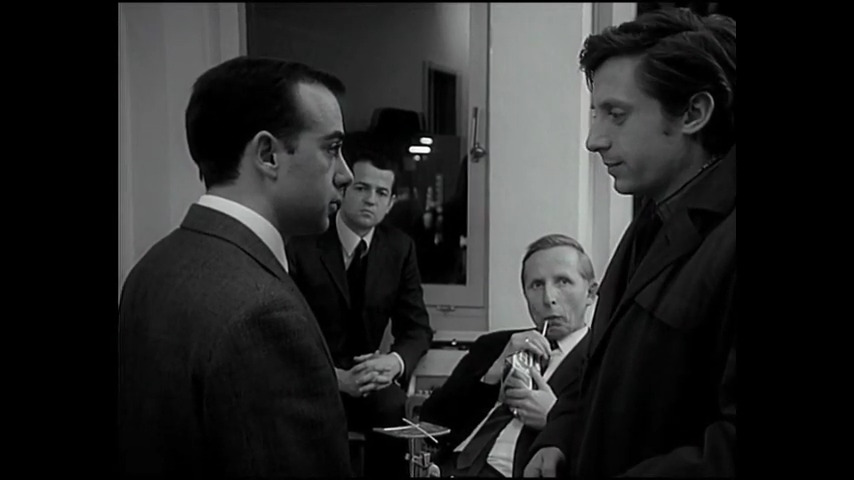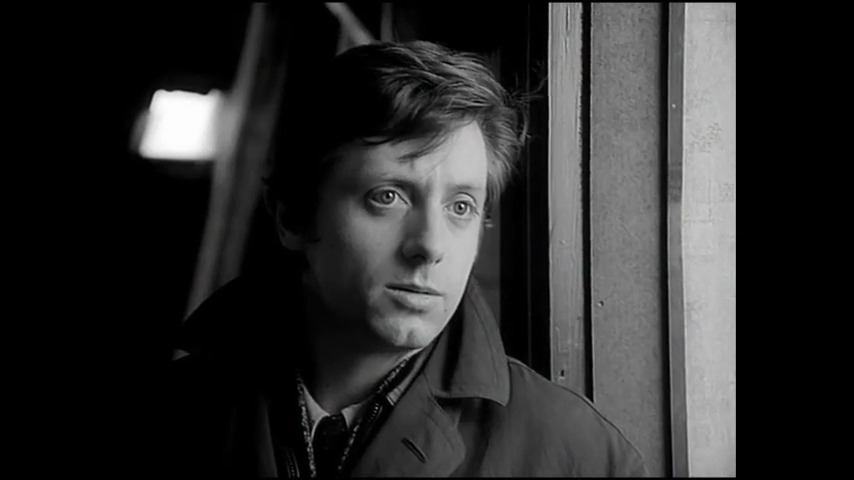Der Unfall





The FRG in the 1960s, the time of the so-called “guest workers”. Among them: the Spaniard Abél, who becomes the victim of a violent attack. An investigation team is set up to clear up the case. Which nobody expects: Abél’s brother Paco conducts his own investigations and, in his search for the truth, comes across the racist prejudices that characterise the daily lives of the guest workers.
When Paco arrives in Cologne to visit his brother Abél, who hires himself out as a factory worker, nobody welcomes him at the train station. Without any knowledge of German, but with an open, friendly manner, Paco makes his way to the factory where Abél, to his knowledge, works. What he doesn’t know is that his brother was the victim of a racist attack and was found severely injured with a fractured skull in a construction pit. Unsuspectingly, Paco takes up Abél’s work and finds support from his new colleagues. But soon Paco learns of his brother’s fate. “Accident”, as the title announces, or “crime”? Paco begins his own investigations.
With the film Der Unfall (The Accident), which is a crime thriller, Peter Beauvais simultaneously succeeds in making a revealing social study of German society in the 1960s. The top view of the scene of the crime, the pit with the lifeless body, which opens the film, reveals the disparaging gaze of the curious passers-by, who see the incident as confirmation of their suspicion that “since they are here, it [here] has become the purest criminal district”. Even Paco, the brother, does not escape this prejudgement: when trying to buy a ticket on the bus, his Spanish peseta is brusquely dismissed as a “lira” and while the other passengers look angry, an amused-looking woman takes care of him and buys him a ticket. Beauvais’ film oscillates between humorous lightness and distressing heaviness.
Peter Beauvais
*1916 – †1986, Germany. First acting experiences in the USA during the Nazi era, after returning to Germany in 1946 interpreting work (including at the Nuremberg Trials) and professional establishment as a director (theatre and television productions). He is known for his thrillers such as A Man Named Harry Brent, literary adaptations (The Rats) and various “crime scenes”. (Cf. Wikipedia)
Credits
BUCH: Dieter Waldmann
KAMERA: Jost Vacano
KAMERAASSISTENZ: Peter Arnold
MUSIKALISCHE EINRICHTUNG: Hans-Martin Majewski
TON: Manfred Oelschlegel
SCHNITT: Marie-Anne Gerhardt
AUFNAHMELEITUNG: Wolfgang Sperling, Lothar Schulz
REGIEASSISTENZ: Anke Becker
KOSTÜME: Roger von Möllendorff
SZENENBILD: Wolfgang Schünke
PRODUKTIONSLEITUNG: Wolfgang Kötz
PRODUKTION: Gunther Witte
REGIE: Peter Beauvais
EINE SENDUNG DES WDR


